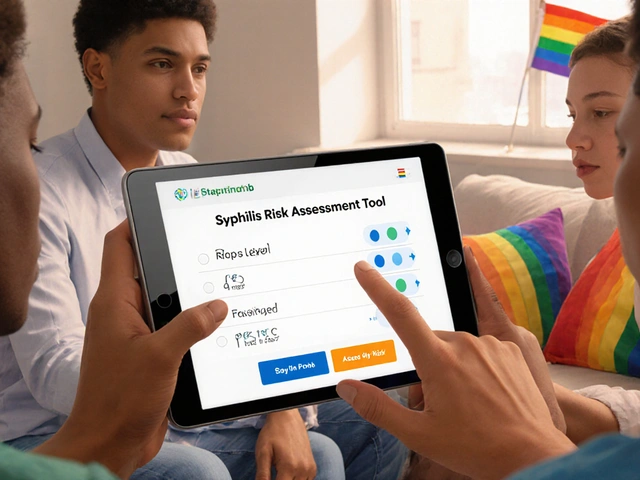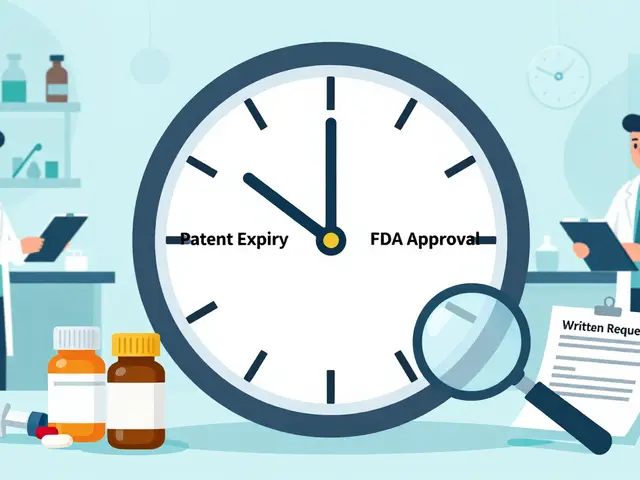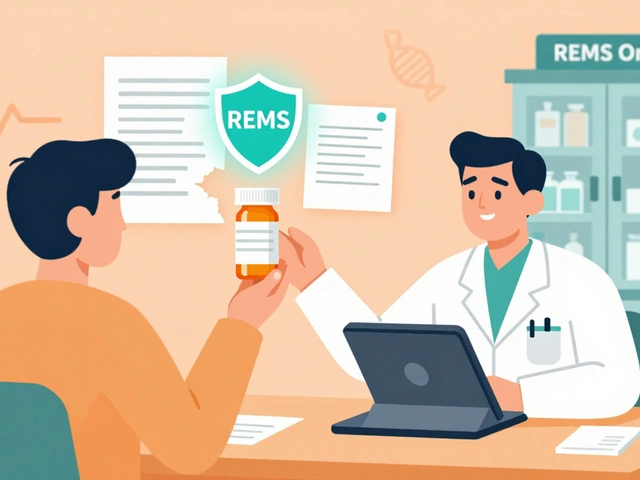Misconceptions about medications and online pharmacies — what people get wrong
Here are a few things people say about medicines that can actually hurt you. Some statements sound logical but lead to risky decisions: that over-the-counter meds are always harmless, that brand-name drugs are always better than generics, or that a flashy website means a real pharmacy. I’ll cut through the noise and give you practical checks you can use right away.
Myth: "If a drug works for someone online, it’ll work for me." Not true. A single story doesn’t count for effectiveness or safety. Drugs interact with other medicines, medical conditions, and even what you eat. Before you try a tip from a review, check a reliable source or ask a clinician — especially with heart, mental health, or fertility meds where risks matter.
Myth: "Generics are lower quality." Generics must meet the same standards for active ingredients and potency as brands in most countries. Differences can show up in fillers, release mechanisms, or packaging, but those rarely change effectiveness. If you notice a change after switching, talk to your prescriber — sometimes a small adjustment is needed.
Myth: "Online pharmacies with great reviews are safe." Reviews can be faked. A legit online pharmacy will show a physical address, require a prescription for prescription-only meds, and display clear contact info. Look for accreditation or pharmacy licenses, and be wary of sites that ship suspicious packaging or ask for strange payment methods.
How to spot bad info and fake pharmacies
Check the basics: does the site require a prescription? Is there a verifiable license or accreditation? Are prices unreasonably low for brand-name prescriptions? Cross-check the site with official regulator lists or pharmacy watchdogs. When reading medical claims, prefer sources like government health pages, major hospitals, or peer-reviewed summaries. If an article makes a strong claim without named studies or experts, treat it as suspect.
Watch for dangerous advice: mixing medications, stopping abruptly, or altering doses based on forums. Those choices can cause withdrawal, treatment failure, or serious interactions. If you’re reading about alternatives to a drug you take (like antibiotics or diabetes meds), use that info to talk to your clinician — not as a self-treatment plan.
Quick rules to protect yourself
1) Keep an updated list of your medicines and show it to any provider. 2) Use accredited pharmacies and keep receipts and batch info. 3) Ask one trusted clinician before starting or stopping a prescription. 4) If something seems too good to be true — extremely low prices, miracle cures, or celebrity endorsements — it probably is. 5) When in doubt, a phone call to your local pharmacist clears up most questions faster than forum threads.
You don’t need to be an expert to avoid common mistakes. Use clear checks, ask questions, and keep a small habit: verify one fact before you act. That small pause prevents most medication mishaps and keeps you safer when buying or taking medicines online.

Common Misconceptions About Ear Canal Infections
As a blogger, I often come across various misconceptions about ear canal infections. One common myth is that using cotton swabs is an effective way to clean the ears and prevent infections, but this can actually push wax and debris further into the canal, increasing the risk of infection. Another misconception is that ear infections are only caused by water exposure, but they can be caused by bacteria, fungi, and viruses as well. Some people also believe that ear infections only affect children, but adults can suffer from them too. Lastly, many think that ear infections always require antibiotics, but in some cases, they can resolve on their own with proper care and time.
View More




